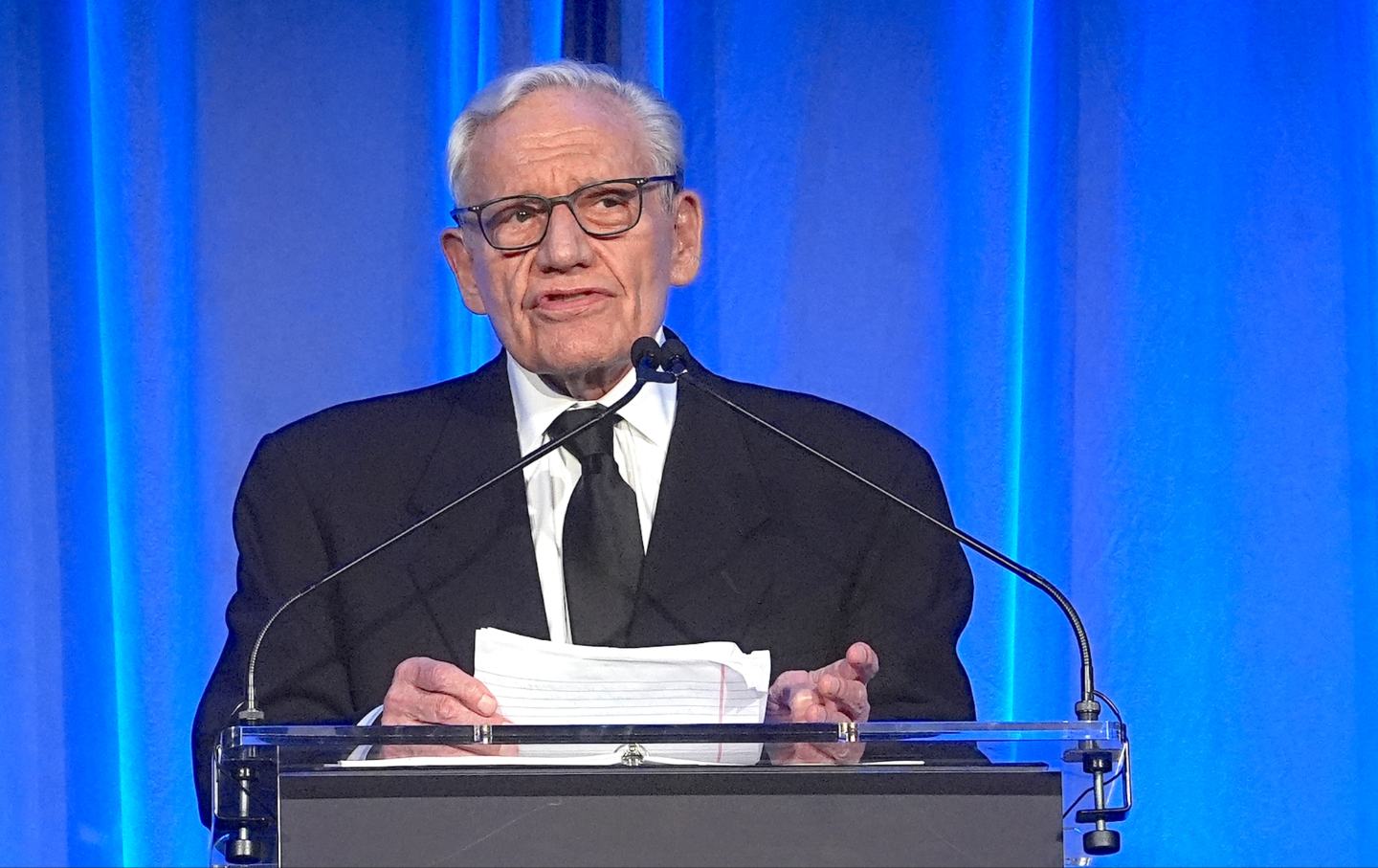
For over five decades, Bob Woodward has been hailed as a journalistic titan, a man whose investigative prowess has unearthed the hidden truths of American politics. From the Watergate scandal that brought down a president to his insights into the tumultuous Trump administration, Woodward’s books have promised to expose the inner workings of Washington. His latest work, *War*, purports to provide an unvarnished account of the twilight of Joe Biden’s presidency and the unsettling reemergence of Donald Trump. However, what it truly reveals is the tragic transformation of a once-revered muckraker into an apologist for the very establishment he once sought to scrutinize.
In *War*, Woodward has ventured into dangerous territory, abandoning the critical lens of accountability that characterized his earlier works. Instead, he opts for a narrative that seems increasingly sympathetic to the status quo, effectively sanitizing the failures of those in power. This shift reflects a troubling trend in American journalism, where the quest for access and approval often supersedes the imperative of truth-telling. Woodward’s evolution from exposing corruption to perpetuating it serves as a powerful reminder of the dangers of complacency in the face of systemic injustice.
Joining the discourse on Woodward’s latest endeavor is Matt Duss, a seasoned foreign policy adviser and executive vice president of the Center for International Policy. Duss’s analysis of *War* in *The Nation* encapsulates the broader issue at play: the erosion of journalistic integrity in favor of a narrative that aligns with elite interests. He deftly critiques Woodward’s tendency to elevate the voices of powerful officials while sidelining the perspectives of marginalized communities, who often bear the brunt of political decisions.
The crux of Duss’s argument lies in the recognition that journalism should serve as a check on power, not a tool for its reinforcement. Woodward’s latest book exemplifies a profound disconnection from the principles of social justice and equality that ought to guide ethical journalism. By prioritizing access to influential figures over the pursuit of accountability and transparency, Woodward not only diminishes the value of his work but also contributes to a media landscape that fails to interrogate the injustices that plague our society.
In an era where voices advocating for human rights, climate justice, and economic equity are more critical than ever, Woodward’s approach rings hollow. His portrayal of political events in *War* minimizes the urgent realities faced by everyday Americans who are grappling with systemic inequities. As he chronicles the machinations of the elite, one cannot help but question whose stories are being told and whose are being erased.
The implications of Woodward’s work extend far beyond the pages of his book. By neglecting to hold powerful figures accountable, he undermines the very foundation of democracy, which relies on an informed citizenry capable of making critical judgments about their leaders. When journalists like Woodward fail to ask the hard questions, they enable a political culture that thrives on obfuscation and deception.
Moreover, the stakes are particularly high as we approach the potential resurgence of a Trump administration. Woodward’s reluctance to confront the implications of such a possibility raises important questions about his commitment to holding power accountable. The consequences of failing to do so could be dire, not only for our democratic institutions but for the very fabric of our society.
In reflecting on Woodward’s legacy, we must recognize that journalism is not merely about chronicling events; it is about advocating for justice, equality, and the rights of all individuals. As progressives, we must demand more from our media figures, urging them to prioritize the voices of the marginalized and to challenge the entrenched power structures that perpetuate inequality.
In a world rife with challenges—whether it be economic disparity, racial injustice, or environmental degradation—the responsibility of journalists extends beyond mere reporting. They must be champions of truth, advocates for the oppressed, and relentless in their pursuit of accountability. Bob Woodward’s *War* serves as a cautionary tale—a reminder that the path to journalistic integrity is fraught with challenges, but it is one that must be navigated with courage and unwavering commitment to the principles of social justice.
As we move forward, let us hold our journalists to a higher standard, one that aligns with the values of accountability, equality, and human rights. In doing so, we can ensure that the stories that matter—those of struggle, resistance, and triumph—are told with the urgency and sincerity they deserve.
This article highlights the importance of A Once-Promising Voice Becomes an Establishment Apologist.


